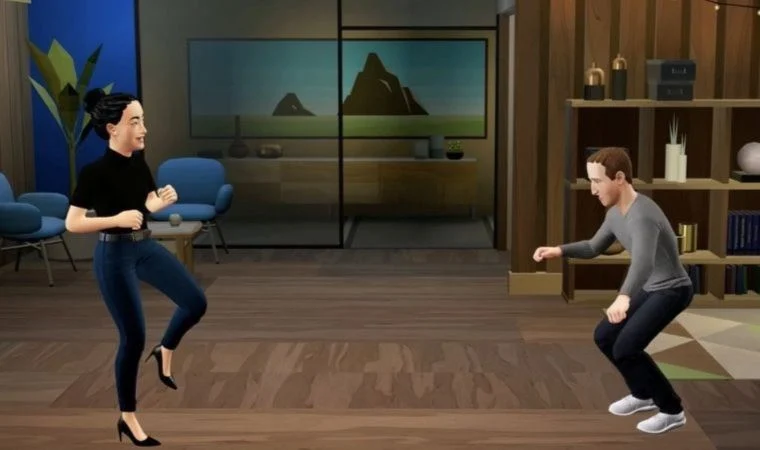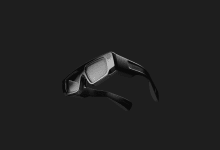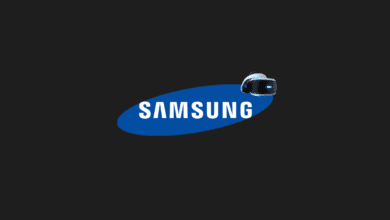Solving the ‘lower body’ issue in the Metaverse

Mark Zuckerberg, the founder of Meta, who spearheaded the initial promotion of the Metaverse, recently addressed the issue of avatars lacking lower bodies in the virtual universe.
In a recent presentation led by Zuckerberg for Meta, Facebook’s parent company, he showcased a range of new technologies set to be introduced to Meta’s Metaverse platform. Among the most notable advancements was the introduction of legs for avatars. Previously, avatars in Meta’s virtual reality environment were represented as floating torsos without lower bodies.
WHILE THE LEGS ARE COMING SOON, THERE ARE OTHER ISSUES BEHIND

Meta, seemingly proud of its latest feature, tweeted “Legs are coming soon.” This announcement was met with instant ridicule. However, a new report suggests that the demonstration wasn’t quite as it appeared. Ian Hamilton, a reporter for UploadVR, revealed that these legs weren’t rendered live in the Metaverse but were pre-recorded using motion capture technology.
According to a report by Independent Turkish, Hamilton clarified that the presentation was merely a preview, and Meta had informed him that the actual demonstration of the designed legs wasn’t conducted there. The company used animations created with motion capture in that segment to provide a glimpse of what’s in store.
Legs present a significant challenge in virtual reality. Although many platform characters already feature legs, accurately tracking them in real-time is difficult, often resulting in movements that don’t align with the actual limbs of users.
This revelation raised questions, especially after the announcement showed Zuckerberg and a colleague leaping and using their legs in various ways. Current VR hardware from Meta cannot track such movements.
The launch presentation by Meta has sparked further queries about the company’s Metaverse ambitions. Zuckerberg has made his intention clear to pivot his entire company towards virtual reality, yet the initial reaction to his technology has been largely skeptical.
Critics have particularly lambasted the quality of the virtual reality technology. In August, following criticism of his previous avatar for appearing blank, Zuckerberg introduced a new avatar for the Metaverse, attempting to address these concerns.











